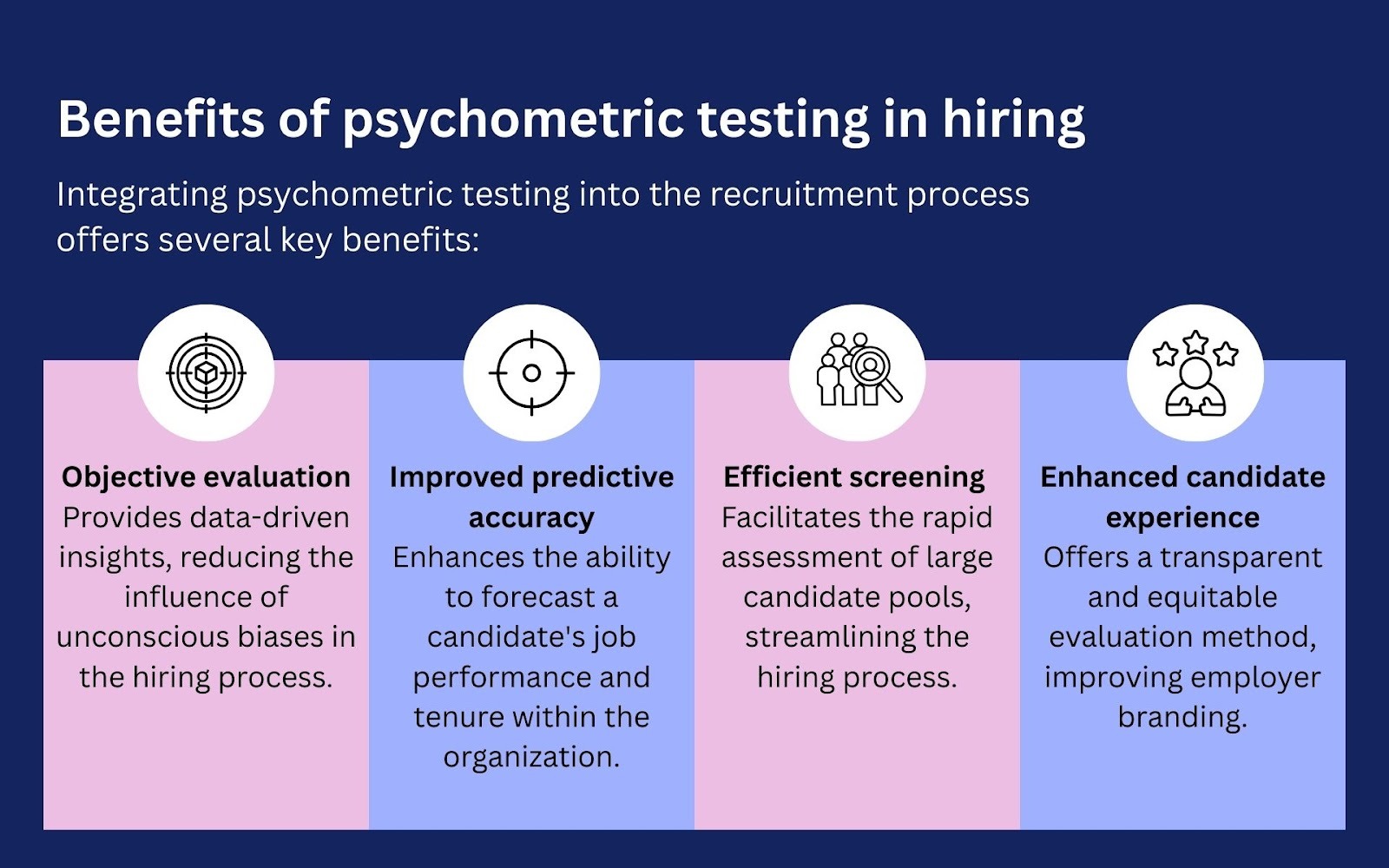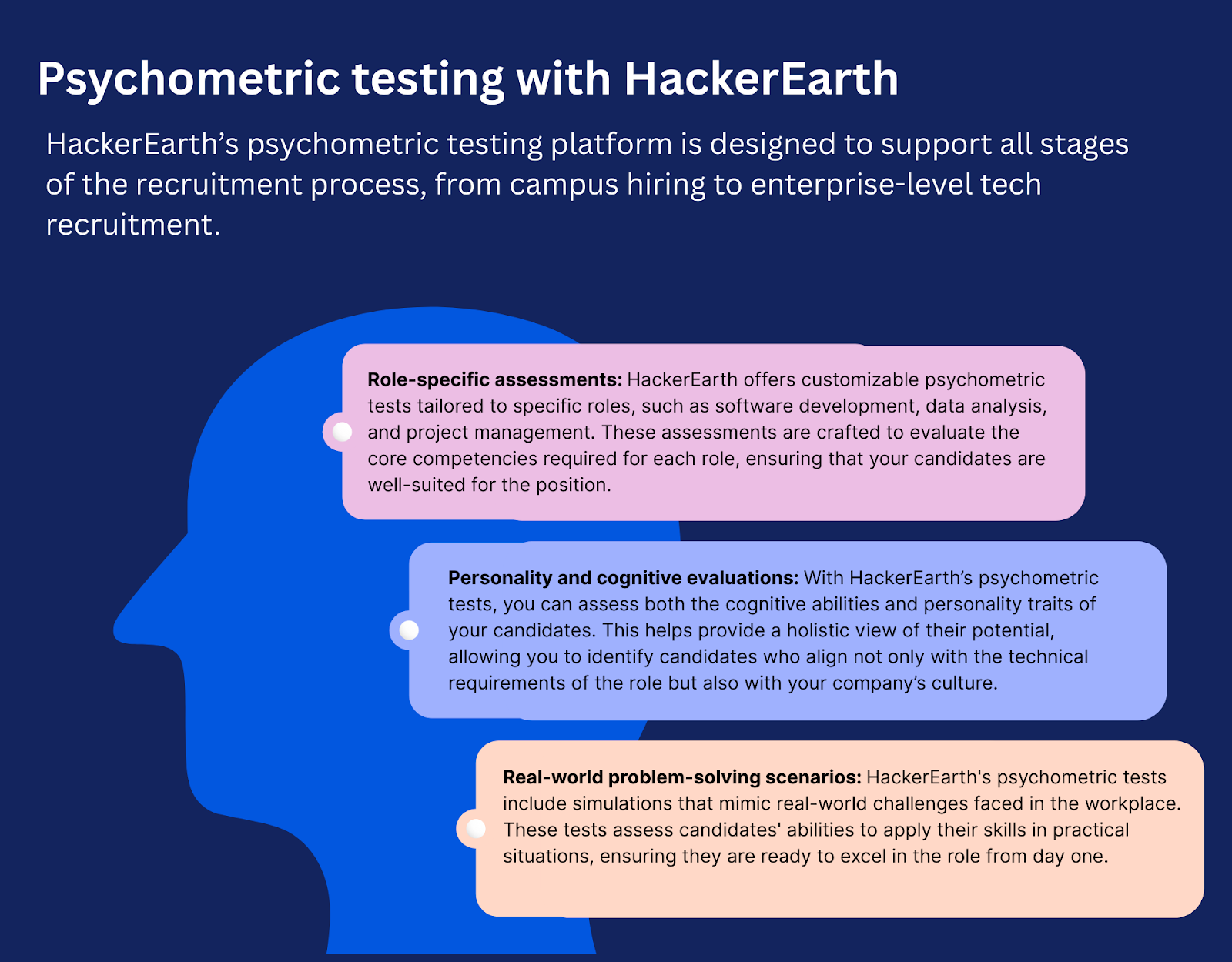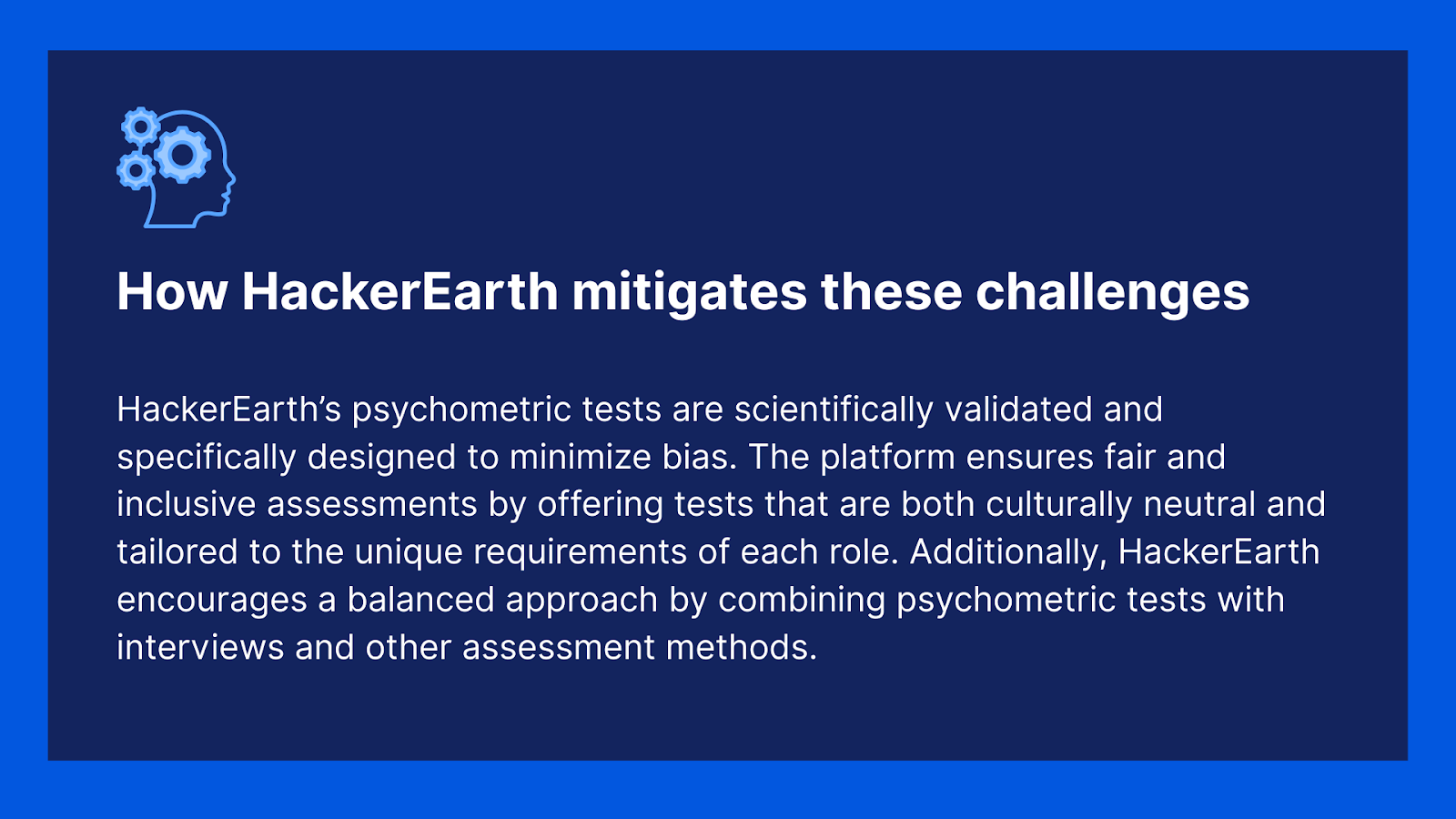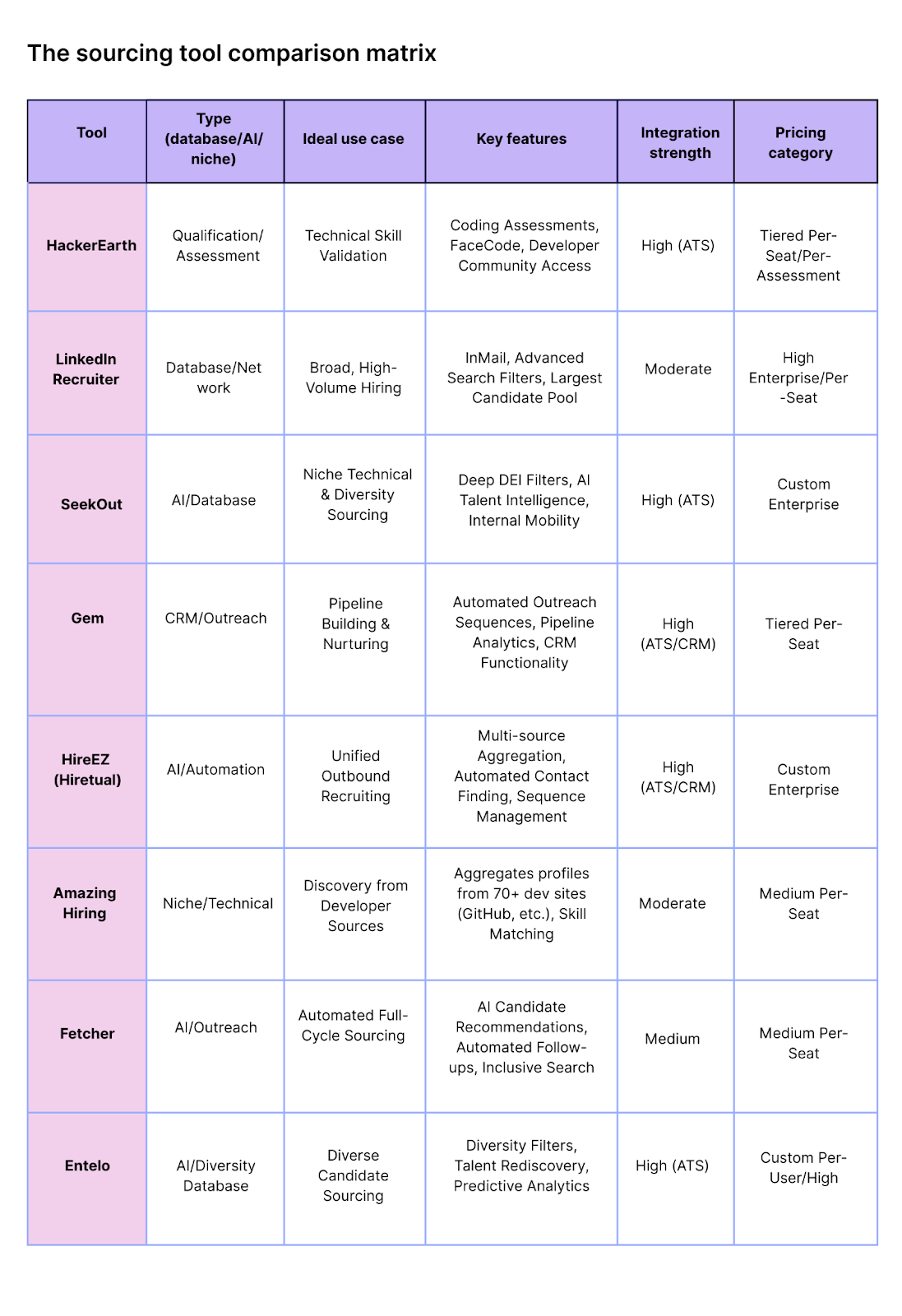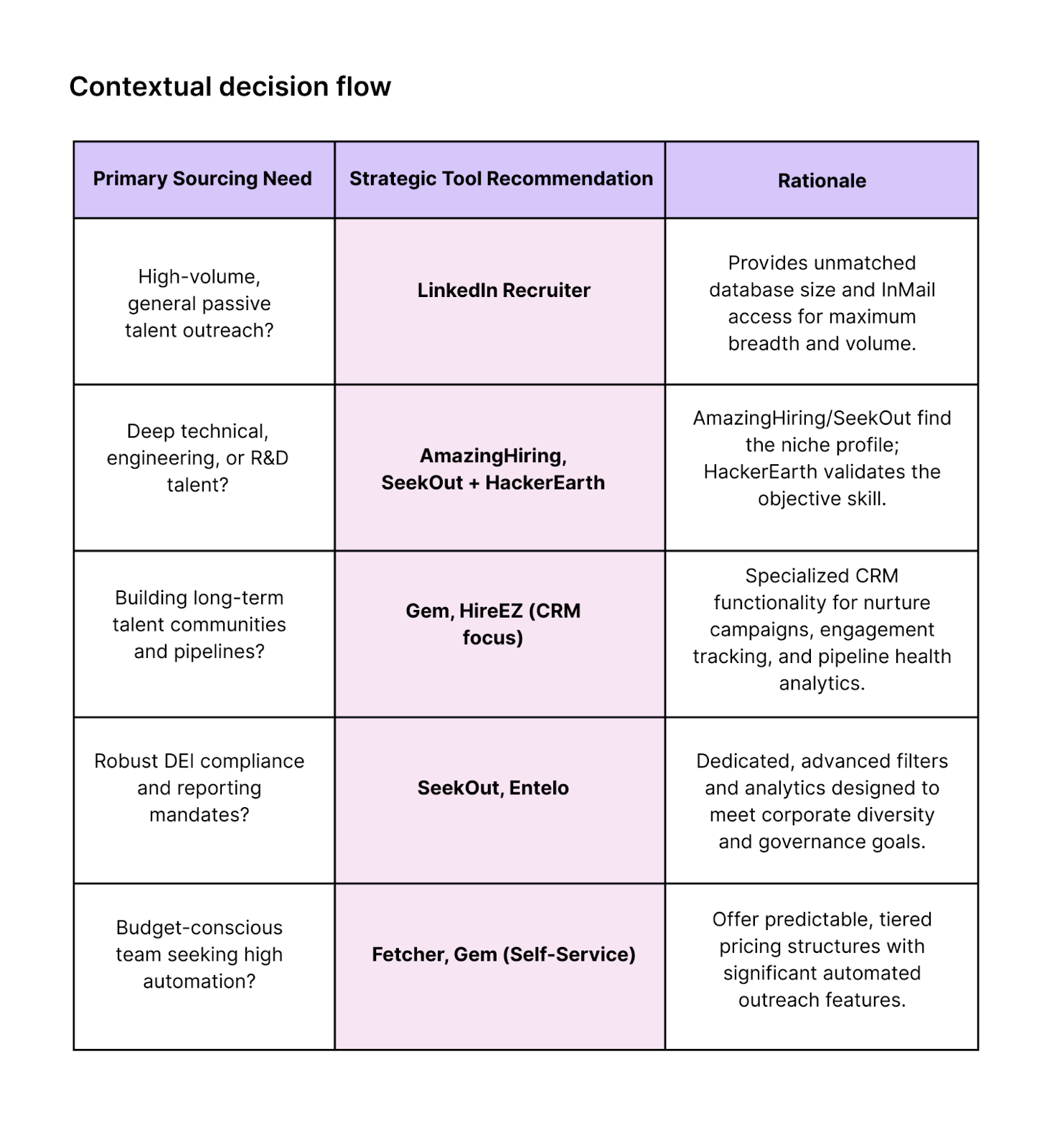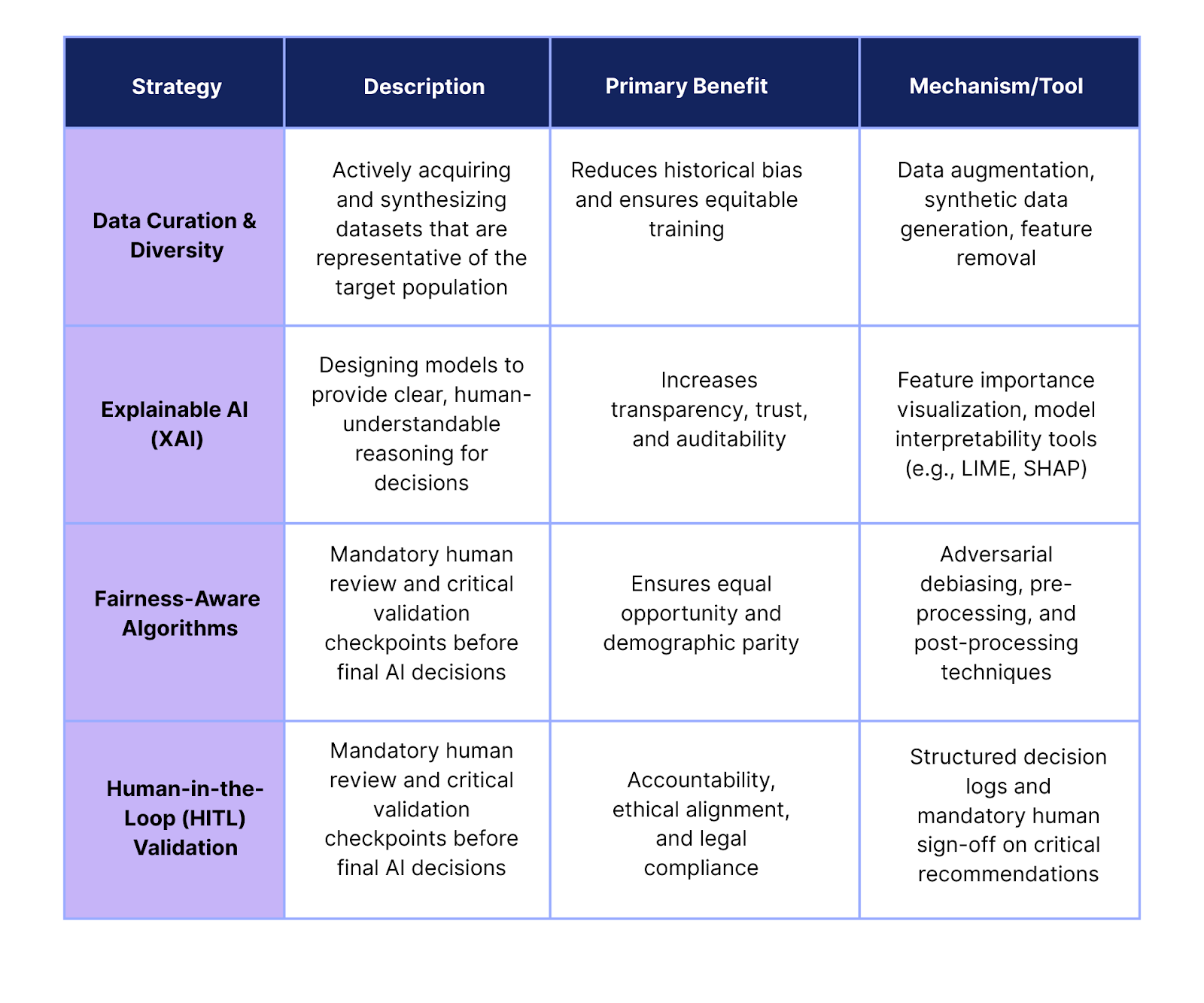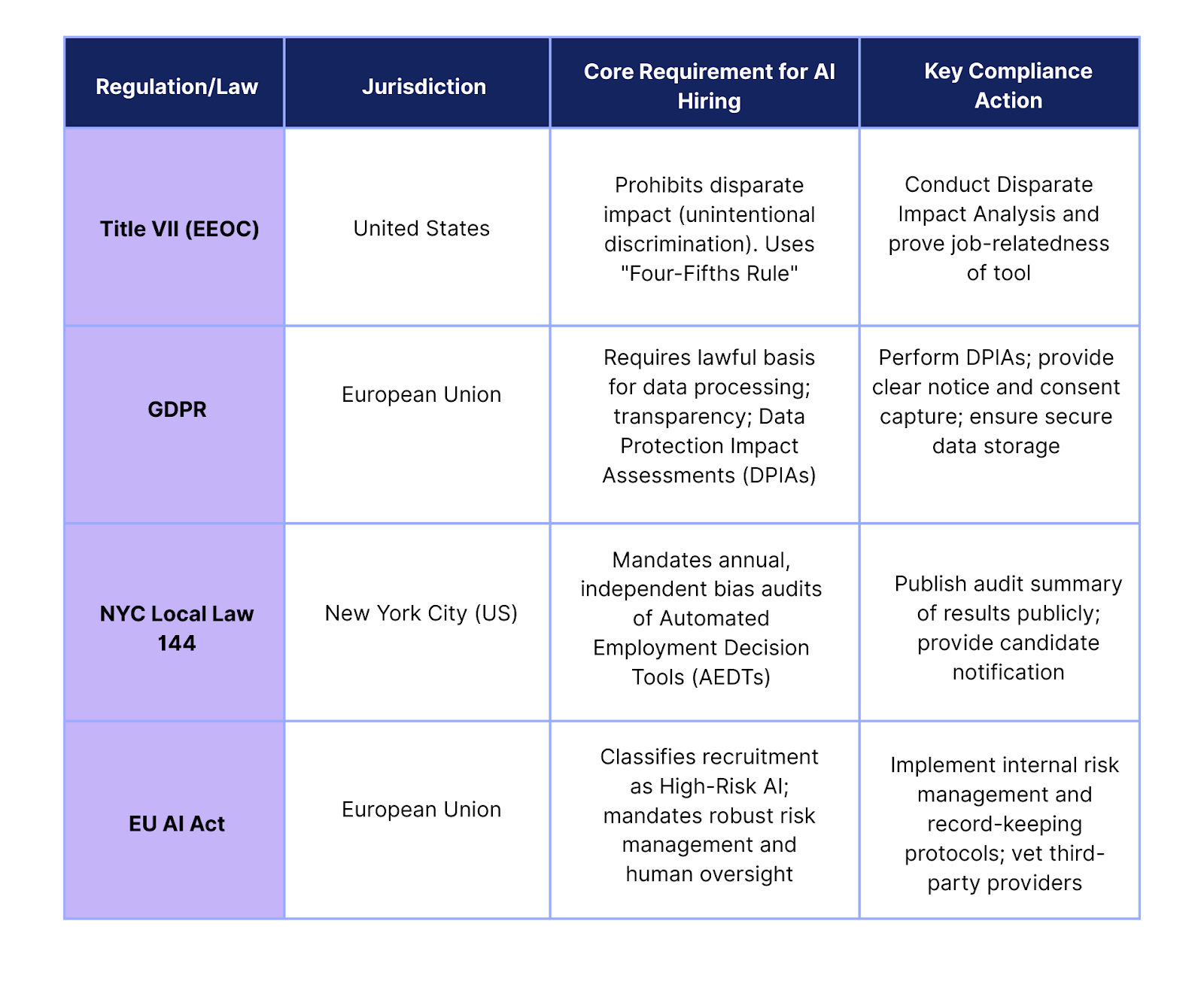Cybersecurity is among the most critical aspects of building an online business and it goes without saying it needs to have an expert to make sure everything is in place. Without good cybersecurity experts, it becomes an extremely difficult task to protect your company’s data, servers, software, and other electronic systems from hackers and other cyber attacks. As per Accenture data security breaches have surged by 11% since 2018.
As of today, we are in a world where almost everything is online and electronic devices are important as food, we can’t live without them. This goes without saying that our information is online too but the threat of cyber-attacks or stolen data still looms over us.
This is why cybersecurity interviews should be as thorough as any other interview for a tech role. When hiring a cybersecurity expert, you should know what the role requires, what to ask, and what you should look out for in a candidate.
What is cybersecurity?
Cybersecurity is the practice of protecting computer systems, networks, and data from digital attacks. These attacks aim to access, change, or destroy sensitive information, extort money from users, or disrupt normal business processes.
In essence, cybersecurity is about safeguarding the integrity, confidentiality, and availability of information. It involves a combination of technologies, processes, and people working together to create a secure environment. To stay protected from modern digital threats, it’s also wise to secure yourself with a VPN when accessing online systems or handling sensitive data remotely.
Key areas of cybersecurity include:
Network security: Protecting computer networks from intruders.
Application security: Ensuring software and applications are free from vulnerabilities.
Data security: Protecting sensitive information from unauthorized access, use, disclosure, disruption, modification, or destruction.
Endpoint security: Protecting individual devices like computers, laptops, and smartphones.
Cloud security: Safeguarding data and applications stored in the cloud.
Importance of a thorough tech interview for cybersecurity candidates
As mentioned above, almost everything is online. To keep up with the ever-growing online population and to make the best out of this opportunity, businesses need individuals who are well versed in coding and other related aspects.
Moreover, it’s not just about coding and tech, you also need someone who can think on their feet and come up with abstract solutions for abstract problems. As a recruiter, you will find a ton of applicants with outstanding resumes, but a lot of them may not translate to practical application.
This is why you need to be thorough with your cybersecurity interview questions to hire the best candidates only. You can also make use of HR tech software and tools to smoothen the process of tech interviews. For instance, you could use FaceCode, a useful tool by HackerEarth that lets you take online interviews with an in-built code editor that can be used in real-time and comes with a lot of other features as well.
Apart from that, asking the right questions and looking out for optimal answers will get you the best candidates possible. Asking the right questions also opens up the avenue for good dialogue and helps the candidates understand the role and brand better. The answers provided will help the interviewer understand candidates better.
It also helps recruiters understand the extent of the candidate’s abilities and their interest in/towards the brand.
Also Read: Hiring DEV Talent: SQL Interview Questions
Interview questions to ask cybersecurity candidates
Here’s a list of 20 cybersecurity interview questions that you should ask if you want to hire the best candidate:
#1 – State your personal achievements and certifications in cybersecurity.
This is an important question, it will help you understand the candidates’ qualifications and experience. It will give you a brief look into their academic journey in cybersecurity as well from which you can ascertain if they’re a good fit for the role or not.
Any candidates who have put in the work will clearly stand out from the rest.
What Should You Look Out For?
Keep an eye out for applicants who have certifications that could close the gap in your cybersecurity system.
Don’t just look at their qualifications, look for candidates who are willing to learn on the job as well, why?
Because you need someone who can constantly grow with the organization.
#2 – Tell us, If you were a hacker, how would you steal our information?
This is a unique question and in simple words, you should look out for unique answers.
Cyber-criminals, typically are able to get into several well-protected systems because they’re either one step ahead or are extremely abstract in their thinking and if you want to keep your systems/data safe, you need someone who can match their abstract thinking.
You need someone who can understand the way they think and should be able to come up with solutions for the same.
What Should You Look Out For?
Look out for practical yet hypothetical problems with solutions. Also, someone who can read patterns and predict future trends in the digital world will be of great help, undoubtedly.
#3 – What is effective cybersecurity? How would you quantify it?
One of the cybersecurity interview questions that need not have a correct answer, you should ask this question to understand your candidates’ definition of effective cybersecurity and the parameters he/she would follow to quantify the same.
Of course, every answer will not be the same, but this will also help you differentiate between people who’ve had practical experience and those who haven’t. Although answers may vary, a good candidate will use practical examples and offer practical parameters for measuring different aspects of effective cybersecurity.
What Should You Look Out For?
Look out for the methods they use to define effective cybersecurity and more importantly, you need to know how the candidates rate and understand the different parameters involved.
#4 – When building firewalls, do you choose closed ports or filtered ports? Explain why
Talking tech terminologies and understanding them are two different things, this question helps you understand if the candidates have sound knowledge of the basics. Anyone who has been in this field will answer this question with relative ease.

#5 – Tell us about a time when you had to resolve an issue after finding a vulnerability issue in your company’s server.
The answer to this question will tell you how good the candidate is at figuring out problems and weak spots in the server. You will also be able to assess them on their problem-solving skills.
What Should You Look Out For?
The ability to take initiative, and always trying to be one step ahead are two things you should look out for here.
#6 – If there was a massive security breach? How would you inform your superiors of the situation?
One thing has always been clear in business, communication is everything, it does not matter how skilled you are, if you cannot communicate with other people within the organization, then you are not helping the organization grow.
It also helps you see how well the candidates can communicate the problem to people who aren’t well versed in tech.
What Should You Look Out For?
Look out for the ability to explain tech terms in a non-technical way. Someone who can explain the gravity of the situation without disrupting any peace.
#7 – Tell us about how well you work with a team. Give an example as well.
Working together with other employees and teams when necessary is an important part of the job description, you need individuals who can build rapport and work with other team members as well. A lone wolf is of no use to a company.
What Should You Look Out For?
It goes without saying that you need to keep an eye on someone who can be a great team player.
Again, look for moments of hesitation when you ask this question, it could indicate they may not play well with a team.
#8 – Did you ever identify an incoming cyber-attack? If so, how did you handle the same?
This can give you an insight into how good the candidate is at identifying incoming attacks, be it internal or external threats. Also, it gives you a picture of how they are handled from which you can ascertain their effectiveness and the candidates’ ability to think/act quickly.
What Should You Look Out For?
Intricate information about the cyberattacks and the candidate’s responses to the same.
#9 – What do you use in your home network?
A simple yet effective cybersecurity interview question, it will help you understand the candidates’ personal preferences in tech and how they make use of it. It is also an indication of how well the candidate’ knows the tools he’s using.
What Should You Look Out For?
Keep an eye out for how the candidate uses his/her setup, even if they don’t have the latest setup, what matters is how effectively they use their current ones.
#10 – What do you think is this organization’s cybersecurity risk?
Of course, he may not be able to give the most accurate answer given the fact that he doesn’t know all the details involved. But if the candidates recommend a one-for-all solution, that is not what you’re looking for.
You need someone who can do a risk assessment with the relevant information and accordingly comes up with an effective solution.
What Should You Lookout For?
Look out for candidates who ask for certain specific information when they’re faced with this question, you want people who will understand your system and its intricacies.
#11 – If you were our cybersecurity expert, what would you want from our company to get the job done?
In this question, it’s not just about obtaining software and quoting prices. You should look for the candidates’ interest to work with other teams for better outcomes.
You should understand if the candidates’ request is feasible or not and if it is, is it worth spending that money?
What Should You Look Out For?
Candidates who don’t just name tools and software but know how to make effective use of them and are able to come up with viable solutions.
#12 – How will you prevent a brute-force attack?
one of the cybersecurity interview questions that will help you understand how good the candidate is when it comes to preventing an attack. It will tell about the preventive measures that the candidate is familiar with.

#13 – Has there been an instance where you’ve taken down your company’s network while testing?
Although that shouldn’t happen, it is quite unavoidable. For candidates to admit the same and their experience may not be the best thing to do, but the truth is quite the opposite.
If a candidate opens up about an incident where he took down the company server, it reflects honesty and you need honest people on the team. Everyone makes mistakes, but they should be accepting of it as well.
What Should You Look Out For?
It’s simple, look out for genuine answers that reflect their honesty.
#14 – Are cybersecurity certifications the most important?
A ton of candidates nowadays come with multiple certifications, but do they think it’s the most important?
Their answer will tell you a lot about them. Of course, certifications are important but the experience will always matter slightly more. The reason for asking this is, that you need someone who understands that practical cybersecurity problems aren’t like certification courses.
What Should You Look Out For?
For candidates with relevant certifications and experience to back it up as well.
#15 – Do you have an emergency procedure in place?
Cybersecurity professionals must concentrate on both regular surveillance and application as well as long-term planning and development. This is done to prevent cyberattacks and if a cyberattack happens, they should have a contingency plan in place.
These cybersecurity interview questions will help you understand if the candidate can think one step ahead at all times.
What Should You Look Out For?
Keep an ear out for practical contingency strategies and also for prior experiences that state the same.
#16 – What is the difference between IDS and IPS?
This will help you understand how well the candidate knows his basics. IPS is basically to scan and identify incoming cyberattacks. IDS is a monitoring system.
What Should You Look Out For?
For a detailed difference between the two as they are different and yet they work together. Someone who knows will be pretty experienced.
#17 – Explain system hardening.
This refers to software and methods used to protect vulnerable systems in the organization. You need someone who can compress the attack surface effectively.
What Should You Look Out For?
A practical example of them hardening any system and how it helped.
#18 – Polymorphic viruses: What are they?
You need someone who can not only identify attacks but identify viruses as well, especially the ones that can change after it infects a file.
As an organization prone to this risk, you need someone who can identify this and provide a solution for the same.
What Should You Look Out For?
Practical ways of identifying polymorphic viruses and effective solutions. Also, look for any experience related to the same.
#19 – Explain active reconnaissance.
This refers to reconnaissance by the attackers. But this isn’t a direct attack, it’s a recon mission of sorts, mainly to steal data.
You need someone who can differentiate between different types of attacks and provide positive outcomes for the same.
What Should You Look Out For?
For any experience of the same and how they handled it.
#20 – How would you strengthen our company’s cyber defense?
You need someone who will proactively suggest effective solutions to safeguard to company’s systems and servers.
What Should You Look Out For?
Questions about the current system to make said suggestions, will help you understand how well the candidates can understand your system and provide defensive solutions for the same.








